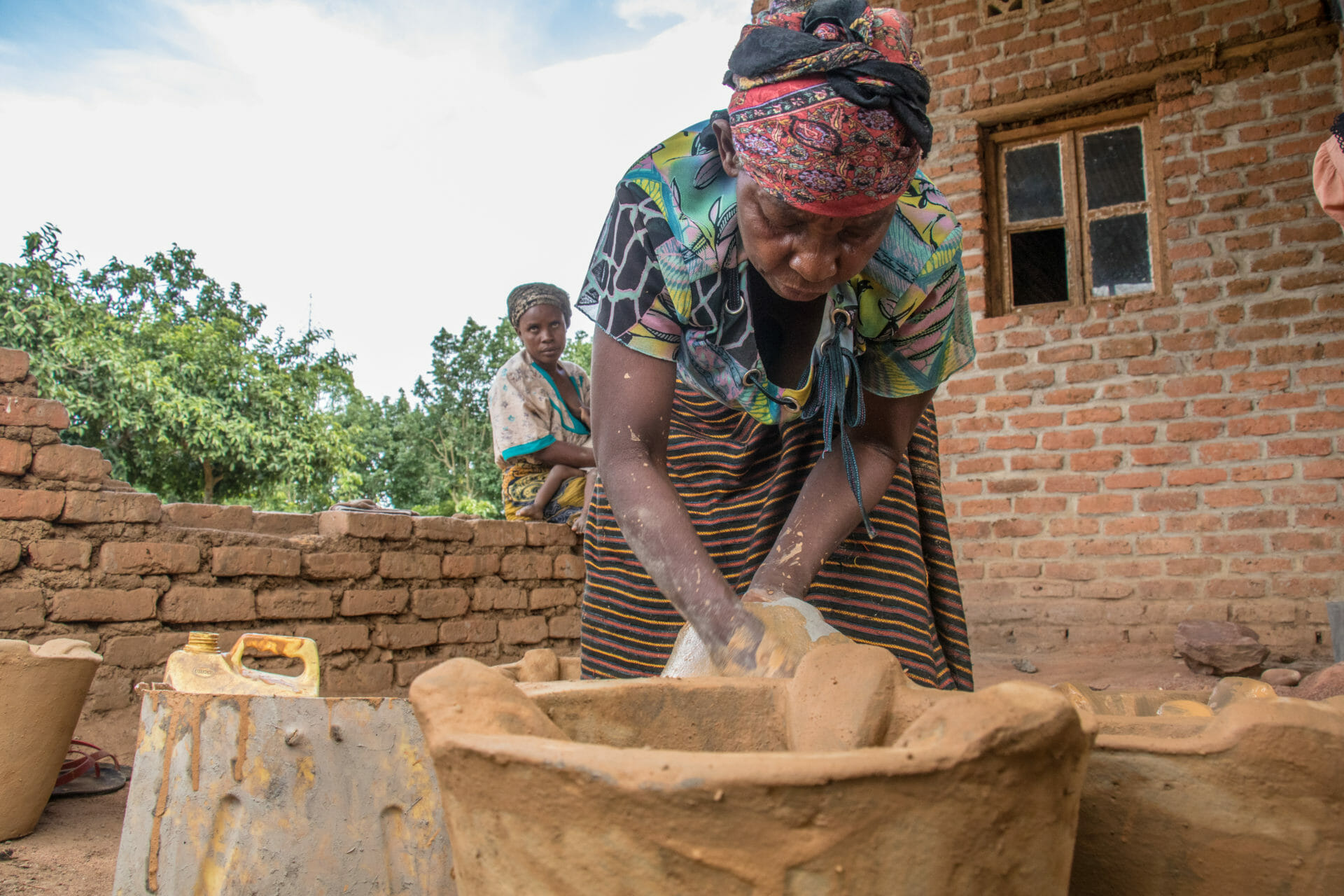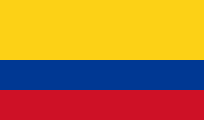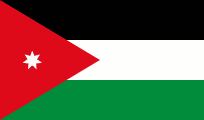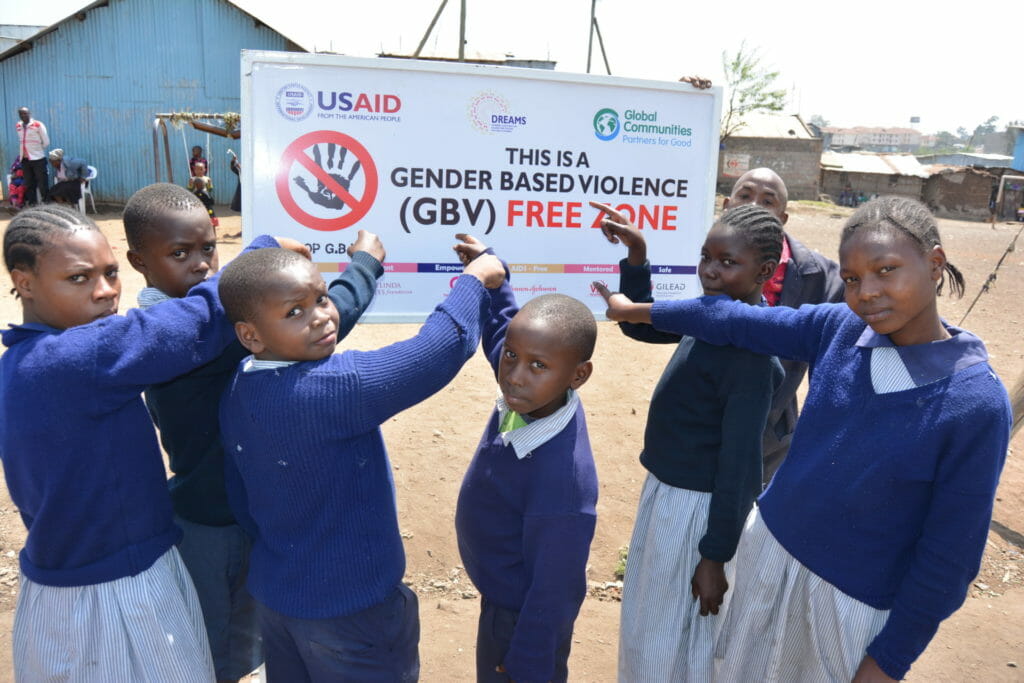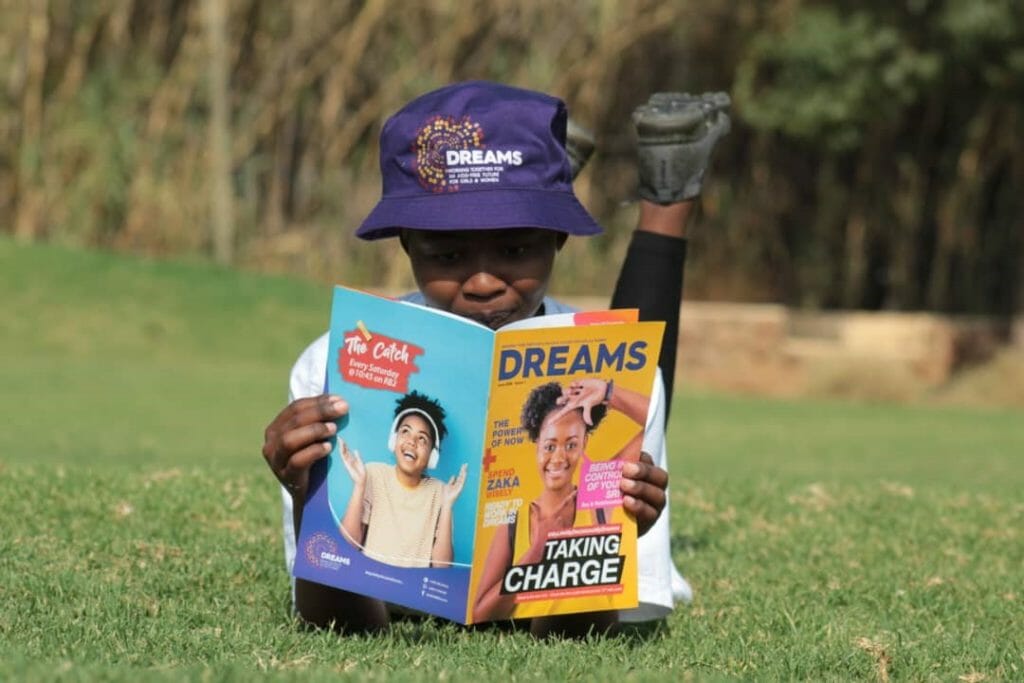Global Communities envisions a world where everyone has the freedom, means and ability to live and prosper with dignity. Beginning with our roots in cooperative development, we have a deep history of working with farmers, women, young people and other at-risk and marginalized groups to help them access income-generating opportunities, build wealth and sustainably improve their quality of life.
Building assets and diversifying income is a fundamental step for households and communities moving out of poverty and building financial resilience. Our programs increase incomes and support local economies by:
- Assisting in the development of micro, small and medium-size enterprises
- Supporting and strengthening local markets
- Fostering private sector-driven workforce development, including job and life skills training
- Creating expanded access to financial services
- Supporting local governments in creating business-enabling environments
In our work, we are always especially mindful of the needs of young people, women and marginalized groups.
In communities recovering from natural disasters or conflict, our emergency response includes cash and voucher programs to provide immediate relief to affected households and reinforce local market recovery by enabling participants to procure food and other essential supplies from local or regional retailers. For sustainable, lasting development, we work to strengthen local economies by supporting sustainable livelihoods and ensuring availability of critical products. Because the presence of economic opportunity benefits from and contributes to all other community sectors, our development work in this area is deeply integrated throughout our programming.
As an innovator in providing locally appropriate financial solutions, we link micro, small and medium sized business who are underserved or left out of the formal financial sector with access to capital, unleashing economic growth, job creation, and sustainable, resilient livelihoods. We also focus on the inclusion of women in the financial sector, including by supporting community-based savings groups that help members save money, access credit, develop financial literacy and invest in income-generating activities.
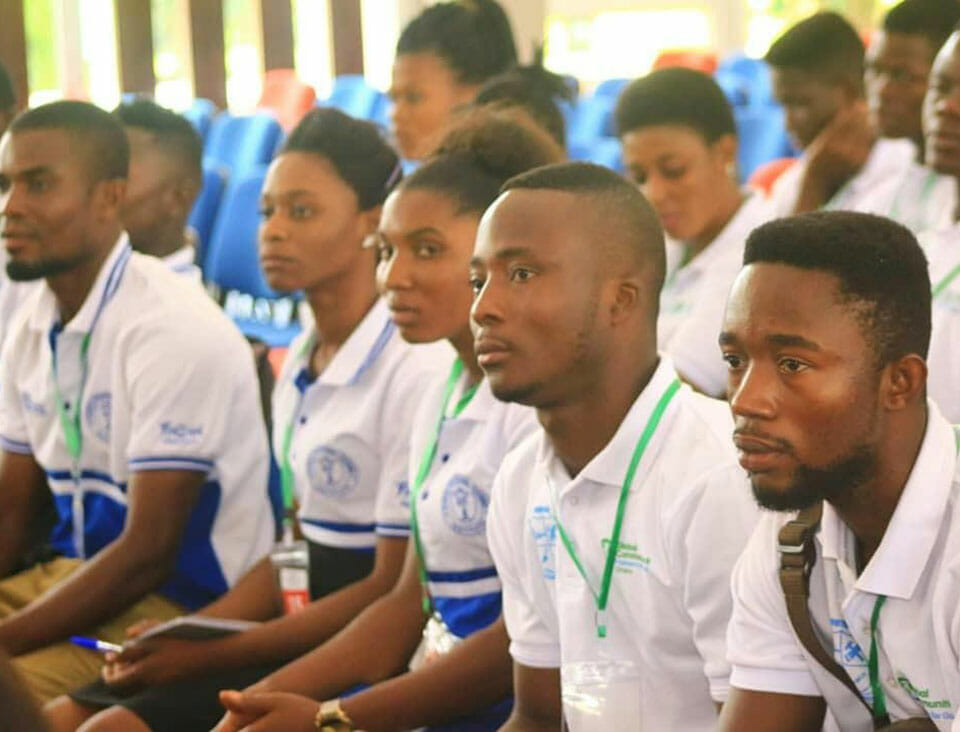
Employment & Job Training
We work with communities to develop and execute local economic development strategies that drive inclusive economic growth, providing jobs and market opportunities for individuals and privately owned firms. We engage the government, civil society and the private sector in defining local economic development priorities and designing targeted interventions that lead to more vibrant local economies and broad-based economic growth.
Through training, capacity building and private sector partnerships, we enable inclusive access to meaningful employment and entrepreneurship. Our work includes job and life skills trainings that increase earning potential and help reduce or eliminate barriers to accessing jobs for women, youth, and other marginalized groups. We focus on enhancing employment opportunities through demand-driven training, job creation and strengthened market linkages, and developing the capacity of entrepreneurs to grow their businesses.
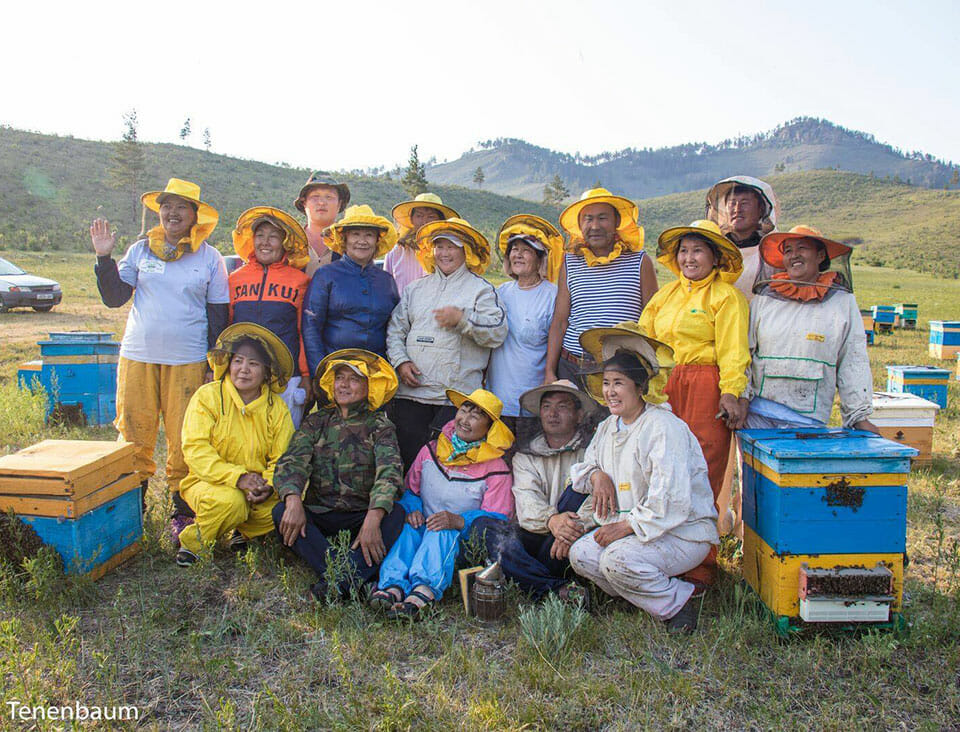
Food Security & Agriculture
Global Communities’ economic development programs take a systems approach to facilitating inclusive markets, focusing on market failures and gaps that result in inequitable access, as well as integrating vulnerable and at-risk groups into formal market activities. This includes activities that improve the way markets operate so that these groups can participate and fully benefit, as well as strengthening micro, small and medium enterprises to access finance, expand their operations, create jobs and maximize profits.
As entrepreneurship is one of the key drivers of development and a catalyst of inclusive growth, we work with entrepreneurs to leverage opportunities for growth through improvements in production and quality control, business management and facilitation of new market linkages. Our programs support new and growing entrepreneurs by linking them to service providers, strengthening their technical and management skills and connecting them with financial institutions and critical market information, leading to increased sales, employment and incomes.
TESTIMONIAL
I learned to not only think of myself when looking for a job but to also think of solutions for the other youth living under the same circumstances.
- Lubna, member of the Tourism and Local Heritage Learning Club under Global Communities’ USAID YouthPower program in Jordan
Economic Empowerment, Employment & Access to Services
We work with local partners to strengthen the capacity of women and youth to participate in the mainstream economy. This includes workforce development and training programs specifically targeted to the needs of women business owners and young entrepreneurs, as well as credit and savings products and value chain analyses specifically focused on women and young people. Our initiatives help women expand their economic opportunities and increase their incomes with activities like linking aspiring entrepreneurs with business skills training and working with local businesses to increase women’s roles in value chains. In addition, programs like Women Empowered form community-based savings and loan groups to provide a platform for women to increase their confidence, exercise leadership skills, form social networks and engage in collective action.
Our Approach
Our economic opportunity approach is focused on catalyzing sustainable and inclusive economic growth, enabling youth, women, conflict-affected populations, the poor and other marginalized groups to achieve greater access to economic opportunities. At its core, our approach is based on market facilitation and works to help people identify and implement commercially viable and sustainable solutions.
As a leader in the cooperative moment since our founding in 1952, Global Communities has authored foundational research on the subject. In the What Difference Do Cooperatives Make research series, Global Communities investigated the economic and social impacts of cooperative membership in four countries, collecting unique data from over 8,000 people. The research found that cooperative members are more likely than non-members to have average and above income and are less likely to be living in poverty. The series also documented the legacy of cooperative development work in each of the four countries, demonstrating the long term impact and sustainability of cooperatives.
25,000
young people in Ghana, 30% of them female, trained in technical and entrepreneurial skills needed in the construction sector
2,357
youth connected to private sector and entrepreneurship opportunities in Jordan, Lebanon and Yemen
629,294
women's economic empowerment self-help groups that saved and loaned money to improve their members’ lives, households and communities
$6,844,347
saved, to date, by members of women's economic empowerment self-help groups, including Women Empowered savings groups in Africa and the Americas
Our work in this area reaches
Resources
Briefs & Case Studies
CVCFG: ASGM Logistics in Eastern DRC Learning Brief
USAID’s Commercially Viable Conflict-Free Gold (CVCFG) Project, known locally as “Zahabu Safi” is a five-year project, implemented in the Democratic Republic of the Congo (DRC) by Global Communities and Levin Sources. The project is designed to build on recent successes achieved by donor-funded initiatives to export responsibly sourced gold to jewelry buyers in North America…
Briefs & Case Studies
Learning Brief: The Impact of COVID-19 on Artisanal Gold Miners in Eastern DRC
USAID’s Commercially Viable Conflict-Free Gold Project, known locally as “Zahabu Safi” is a five-year program, implemented in the Democratic Republic of the Congo (DRC) by Global Communities and Levin Sources. The project is designed to build on recent successes achieved by donor-funded initiatives to export responsibly-produced gold to jewelry buyers in North America and Europe.…
Briefs & Case Studies
The Impact of Conditional Household Grants Incentives on the Resilience of Vulnerable Households
“Promoting Household Graduation in Rwanda through Conditional Grants” explores the following question: Does provision of conditional household grants to vulnerable households result in better capacity and faster transition of beneficiaries towards graduation? Key findings from this learning brief include: Grants were critical to graduation rates Conditional grants positively impacted key household indicators Conditional grants positively…
Briefs & Case Studies
The Impact of Conditional Household Saving Incentives on the Resilience of Vulnerable Households
Global Communities is proud to present the following learning briefs from the USAID-funded Improved Services for Vulnerable Populations (ISVP)/Twiyubake Program implemented in Rwanda. While experts agree that financial inclusion and services are important to establishing resilience at the household level, there is still a need for further evidence around which interventions have the greatest short-…
Briefs & Case Studies
Barriers and Solutions to Youth Employment in the Ghanaian Construction Sector
Unemployment among youth in Ghana continues to increase despite more than two decades of strong economic growth trends and a substantial expansion in education and overall human resource development. The World Bank estimates that of the total number of people who are unemployed, 65% are between 15 and 24 years. The most recent Ghana Living…

